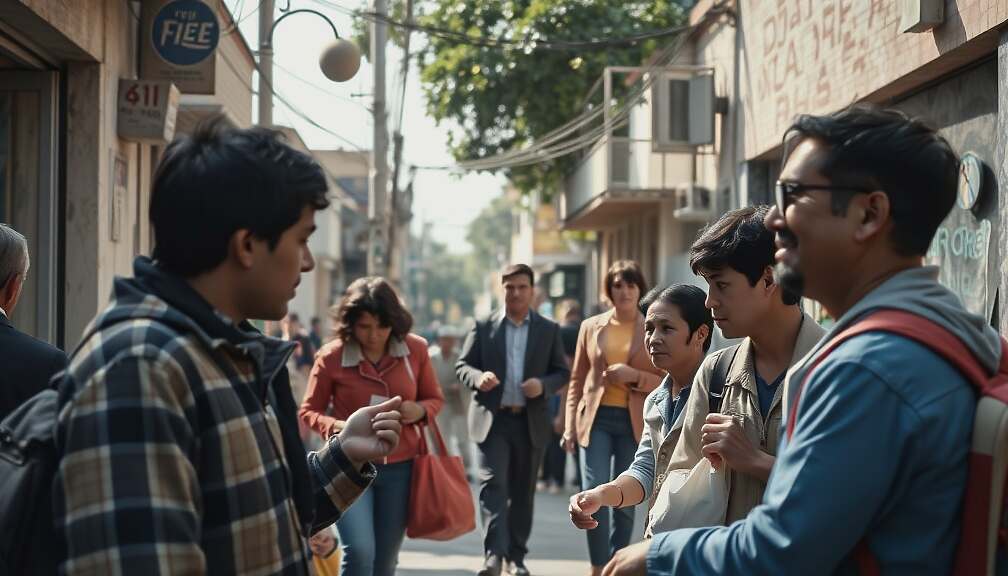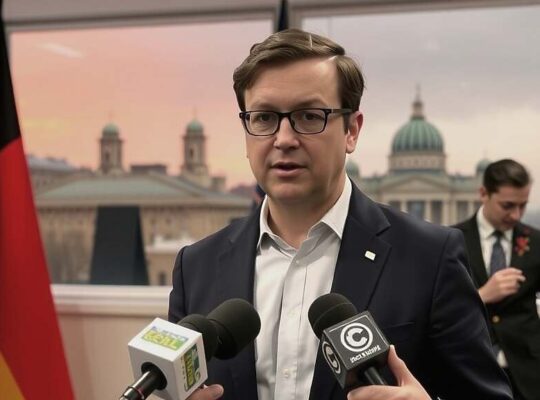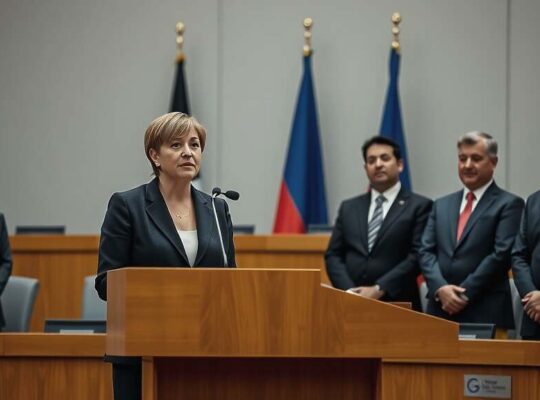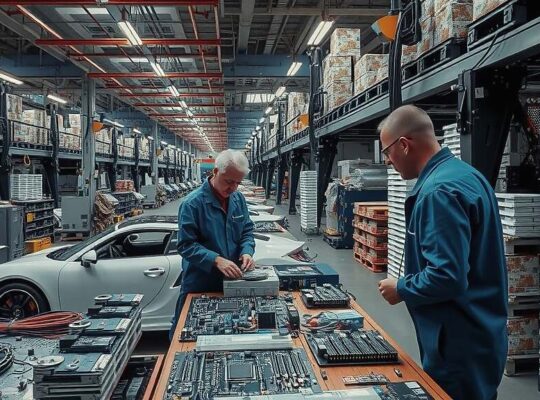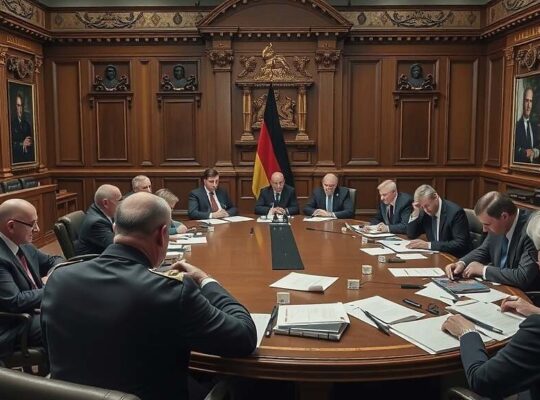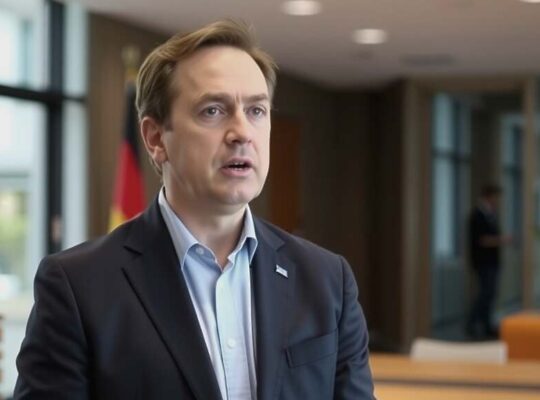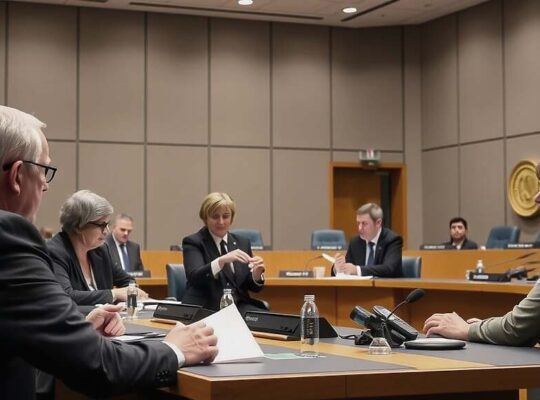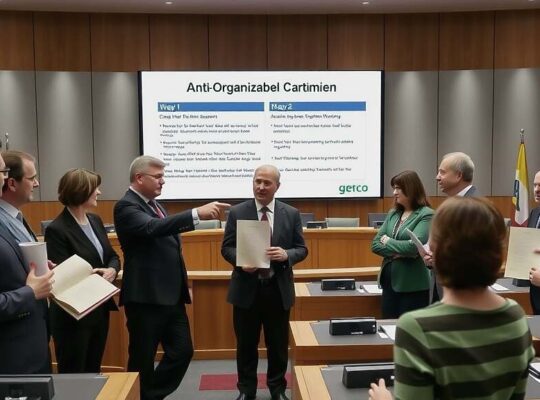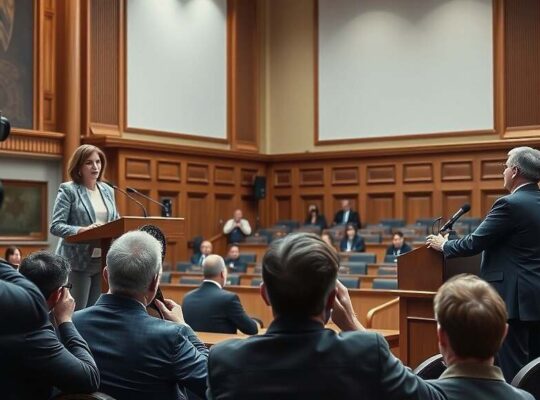The latest Forsa poll reveals a deeply polarized German electorate, with no significant shifts in voter preference observed over the past week. The Alternative for Germany (AfD) maintains its position as the leading political force, garnering 26% of potential voters, a mere percentage point ahead of the Christian Democratic Union (CDU) at 25%. The Social Democratic Party (SPD) lags behind at 14%, followed by the Green Party (12%), the Left Party (11%) and the Free Democratic Party (3%). The “Bundnis Sahra Wagenknecht” (BSW) faction has regained traction, crossing the crucial 3% threshold. Notably, a substantial 26% of voters identify as non-voters or remain undecided, a figure significantly exceeding the 17.9% recorded before the 2021 Bundestag election, signaling a widespread sense of disengagement from mainstream politics.
The survey’s assessment of party competence paints a similarly bleak picture. While the CDU marginally improved to 17% on this metric, the AfD saw a decline to 13%, suggesting a potential erosion of support despite their overall leadership in voter preference. The SPD and Green Party both register at 5%, while the Left Party stands at 4%. Critically, a resounding majority, 54%, express a lack of confidence in any party’s ability to effectively address the nation’s challenges.
Adding to the pressures on the ruling coalition, Chancellor Friedrich Merz of the CDU faces unprecedented levels of public disapproval. Satisfaction with his performance has reached a new nadir, with only 23% of citizens expressing approval – a 2% decrease from the previous week. A staggering 75% are dissatisfied, marking the lowest approval rating since he assumed office. This disenchantment extends into the CDU’s traditional Bavarian sister party, the CSU, where a majority (52%) now expresses dissatisfaction, a stark contrast to the 48% who remain supportive. Support for Merz is overwhelmingly reliant on CDU supporters themselves (58% satisfied vs. 48% dissatisfied), with widespread disapproval among voters affiliated with the SPD, Green Party, Left Party and even the AfD.
The political instability is compounded by a pervasive pessimism regarding the national economy. A mere 15% anticipate an improvement in conditions, while a significant 60% foresee a worsening situation. A further 23% anticipate no change, reflecting a widespread sense of economic fragility and uncertainty that could further destabilize the existing political landscape and fuel further shifts in voter sentiment.


